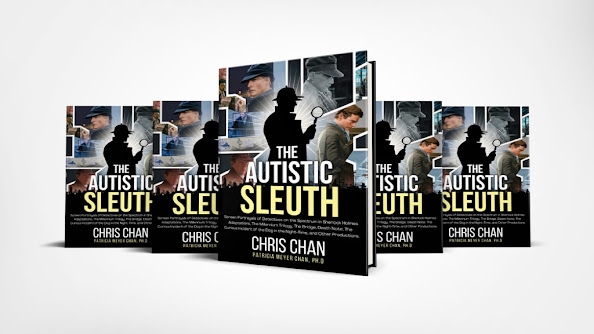The Spy Who Wrote Mysteries
There are some famous writers who drew upon their personal experiences with spycraft in their novels. John le Carré and Ian Fleming both had backgrounds with espionage. So did Joyce Porter.
Joyce Porter was a Cold War spy for Britain. Though the details of her exploits are largely hidden from the public, she served in the women’s military branch during the closing years of the Second World War, leading into work in the Women’s Royal Air Force, learning Russian, and then serving Britain’s interests in the Cold War.
We don’t know many details about her exploits, though it has been released that towards the end of her career she was involved in recruitment. At one point, she was on a mission to a secret collective in the Soviet Union, where as a “reluctant guest” she was “entertained with enough vodka to kill anyone but a Russian.”
Porter drew upon her professional experiences in her four Eddie Brown spy thrillers, particularly Sour Cream with Everything and Neither a Candle Nor a Pitchfork and in her comedic takedown of the Soviet Union, The Package Included Murder, where the Hon Con goes on a cheap vacation and comes across repeated homicide attempts and a dysfunctional socio-political system.
My book on Joyce Porter, Murder Most Grotesque: The Comedic Crime Fiction of Joyce Porter, will be released by Level Best Books later this summer!
–Chris Chan
Chris Chan’s first book, Sherlock & Irene: The Secret Truth Behind “A Scandal in Bohemia” was released on August 27thfrom MX Publishing, and is available for sale at Amazon.com and the MX Publishing website, as well as at Book Depository (with free worldwide shipping there). It is also available in a Kindle edition.








